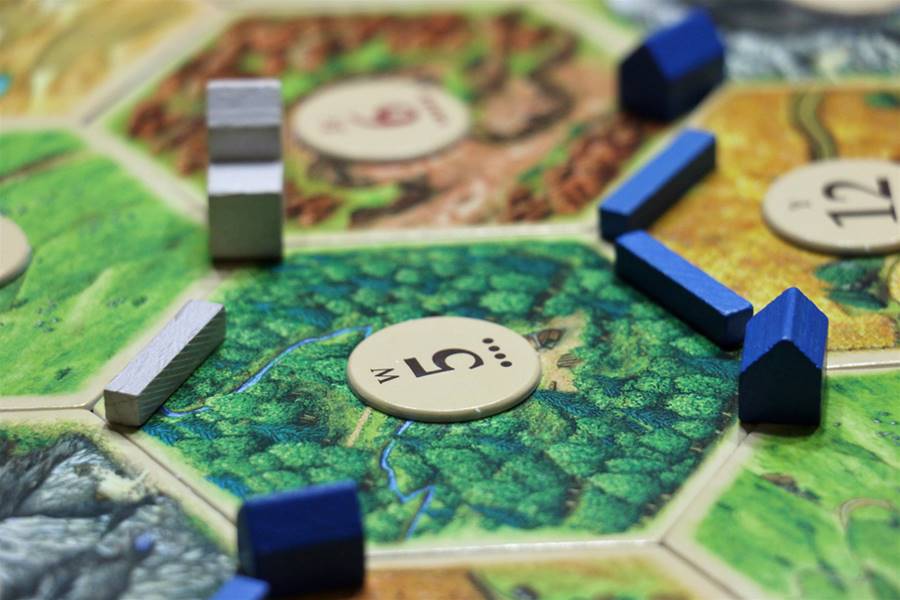

Despite the millions of apps and video games that invade our everyday lives, board games (also known as tabletop games) are making a comeback to the family table. If what comes to mind when you hear the phrase family board games is or , then think again, there are now a myriad of themes with enticing illustrations and complex mechanics to spice up your tabletop gaming experience. This new generation of games offers parents opportunities to bond with their children and reclaim time away from screens whilst building key 21st century thinking skills in an entertaining way.
Board games offer multiple ways to develop a number of
thinking skills. For example, problem solving, logical thinking and decision making are developed through:
planning within a restrictive amount of choicemanagement and prioritising of limited resourcesthinking ahead of the current turnpredicting what others may doevaluating the advantages and disadvantages of different movesstaying ahead while remembering and adhering to the rules of the gameflexibility in playing the same game differently each time.Another important benefit derived from playing board games is the unique opportunity that they offer to process sets of information simultaneously.
This creates regular practice in working memory and information processing. These cognitive skills have been shown to play a crucial role in academic performance as well as in the everyday life of all adults. They involve being able to remember key facts about the issue at hand, while mentally comparing and contrasting options or propositions, then organising or prioritising these key facts to produce a response, which may be verbal or by means of a chosen behaviour or action. The more variables the child can manipulate at once, the higher the probability that they will choose an optimal resolution.

